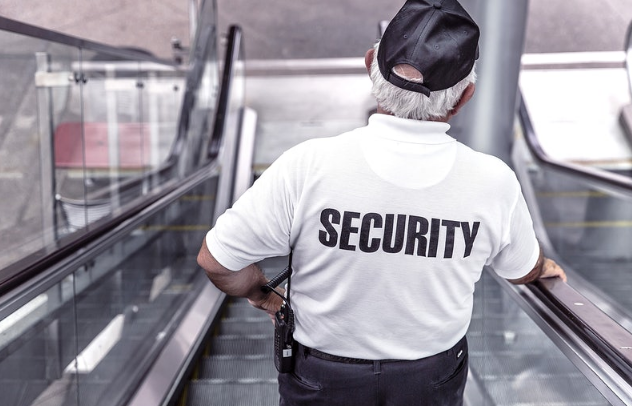If you are considering starting a security company, you may wonder how to qualify as a licensed security company. For example, if you are a former law enforcement supervisor, you may qualify for a loan to start a security business. You should consider several things before starting a security company, including a mission statement, an estimate of startup costs, proof of employment, and a list of potential clients. You can also find more on your locality like the licensed security company Columbia SC.
Licensed security company
There are several benefits to establishing a Licensed security company. First, they can get financing for the initial costs of setting up. In addition, a security company can get startup funding from law enforcement agencies. A business plan should include:
- A mission statement.
- An estimated startup cost.
- Proof of employees.
- A list of clients.
A licensee must meet specific requirements to conduct business in California. For instance, applicants must be U.S. citizens, naturalized residents, or holders of a green card issued by the INS. INS work permits do not qualify for security industry jobs. In addition, retired police officers need to provide a letter of discharge from their former employer detailing how long they were employed, what title they held, and when they were retired. Applicants for private security must have five years of supervisory security experience or ten years of police officer experience.
Licensed security officers
A licensed security company has three primary functions: a license to provide armed and unarmed security services. Each of these functions is vital to the security of a building or event. A licensed security company ensures that its officers are trained and certified to provide these services. The standards for security officers vary depending on state regulations, but the general requirements are similar. To qualify for a license, security officers must be at least 18 years in an unarmed capacity, 21 years of age in an armed power, and possess a high school diploma. Their certification must be in good standing with the security agency.
When necessary, security agents may also act as agents of law enforcement. For example, they may be called upon to report suspicious activity. When the situation warrants, police officers may intervene. However, in most cases, security officers may not be permitted to act on their own without the consent of the appropriate authorities. Security officers may be called upon to perform arrests and other lawful activities to protect property or business.
Licensed security company qualifiers
Applicants for a license to operate a security company must be U.S. citizens or naturalized citizens and have a valid INS Green Card. They should not be working on a work permit, including one that only lasts six months. Applicants who are retired police officers must submit a letter of discharge from their previous employer, stating the length of time served, the title held, and the duties performed, as well as the date of retirement. For those wishing to work in private security, applicants must have at least five years of supervisory security experience or ten years as a police officer.
To become a licensed security company, a security guard or an unarmed security guard must complete a training course offered by the board. In addition, licensed security company qualifiers must meet the requirements set forth by the state. Security company qualifiers must complete a security guard training course and pass a state-mandated examination to be eligible for a license. Licensed security companies and private investigators can work as unarmed and armed security guards.
The licensed security company has liability insurance.
If you’re running a security business, you should have liability insurance. This insurance protects you from third-party bodily injuries and property damage. For example, if someone gets injured on your property, the cost of the lawsuit could put you out of business. General liability insurance will not only protect you from legal fees and medical expenses, but it will also cover the costs of replacing equipment if it’s damaged or stolen. This insurance is beneficial if you use security guards at sensitive locations.
Generally speaking, liability insurance is not enough to protect a security company. It would be best if you had professional liability insurance as well. This insurance covers you if someone sues you for negligence or inaccurate advice. In some cases, this insurance may cover you as a security agent and any expenses related to that. Licensed security companies also carry professional liability insurance for employees carrying weapons or other prohibited weapons. Those who provide personal protection need to ensure that their employees have insurance.
Licensed security company patrols
If you’re looking for a security company to patrol your property, you must ensure that they are licensed and regulated. Several licensing boards oversee security guards, private investigators, and security agencies. Your local Licensing Unit should be able to help you determine which is the best option. The agency also accepts complaints from the public, but they are closed on weekends and state holidays.
Licensed security company patrols follow specific procedures to ensure your property is safe. These routines might include checking windows and doors, verifying that everyone has left, and checking for any suspicious activity. A security officer may also set the alarm and log observations every day. This way, they can quickly identify suspicious activity and report it to the appropriate authorities.
